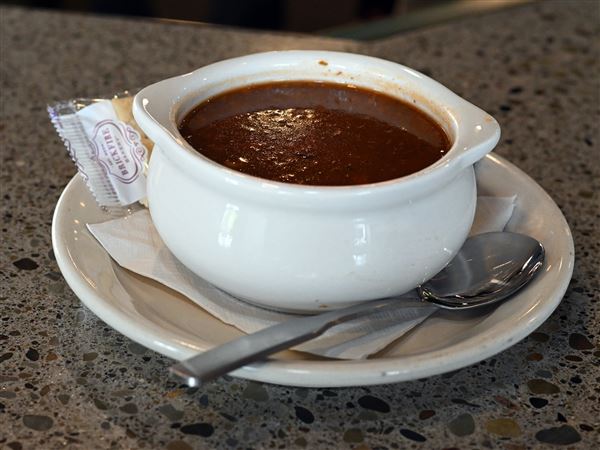This fall, Penn State University students will pay a new fee for campus improvements, while freshmen will be required to take an online course aimed at combating high-risk drinking.
By their vote yesterday, Penn State trustees authorized administrators to phase in the fee across the 84,000-student system. The money will support projects involving nonacademic, recreational and multipurpose space, administrators said.
The fee will be $100 for main campus students in the 2008-2009 academic year and $200 in 2009-2010. Amounts at other Penn State locations will be set as deemed appropriate at those campuses.
Currently, the estimated total main campus cost including tuition, room, meals, books and other fees for an in-state student is $21,752 a year, according to Penn State's Web site.
"Today's college students have come to expect a level of services and a range of facilities for their non-classroom experiences that we aren't currently able to provide. The facilities fee will establish a permanent funding source to help ensure a well-rounded experience for our students," said Gail Hurley, interim vice president for student affairs, explaining the new fee.
Meanwhile, Penn State freshmen will get a course intended to prevent alcohol abuse.
AlcoholEdu for College was developed by Boston-based Outside the Classroom, and some 500 colleges use it, officials said yesterday in briefing trustees about the plan. Participating schools in Western Pennsylvania include Carnegie Mellon University, Allegheny College and Geneva College, said Erika Tower, a spokeswoman for Outside the Classroom.
Penn State's version will be unique in size, reaching 17,000 students at campuses statewide.
"No other school that is working with them is implementing it across multiple campuses like we are," said Linda LaSalle, coordinator of educational services for Penn State's university health services. "It's the largest implementation in the country."
Like other schools, Penn State has varied initiatives to curb alcohol misuse but has seen an increase in problems reflecting a national trend. Data for this year are not available, but alcohol-related trips by students to Mount Nittany Medical Center were up from 199 in 1999-2000 to 444 in the 2006-2007 school year.
The average age of those treated was 20, and their average blood alcohol content has risen to 0.235, nearly three times the state's drunken driving threshold.
Penn State is getting $245,000 from the John S. and James L. Knight Foundation to implement AlcoholEdu.
The program, which uses research including student attitude surveys, tackles such topics as blood alcohol concentration, alcohol's effect on memory and learning and the link between alcohol misuse and high-risk behavior.
First Published: May 17, 2008, 4:00 a.m.















